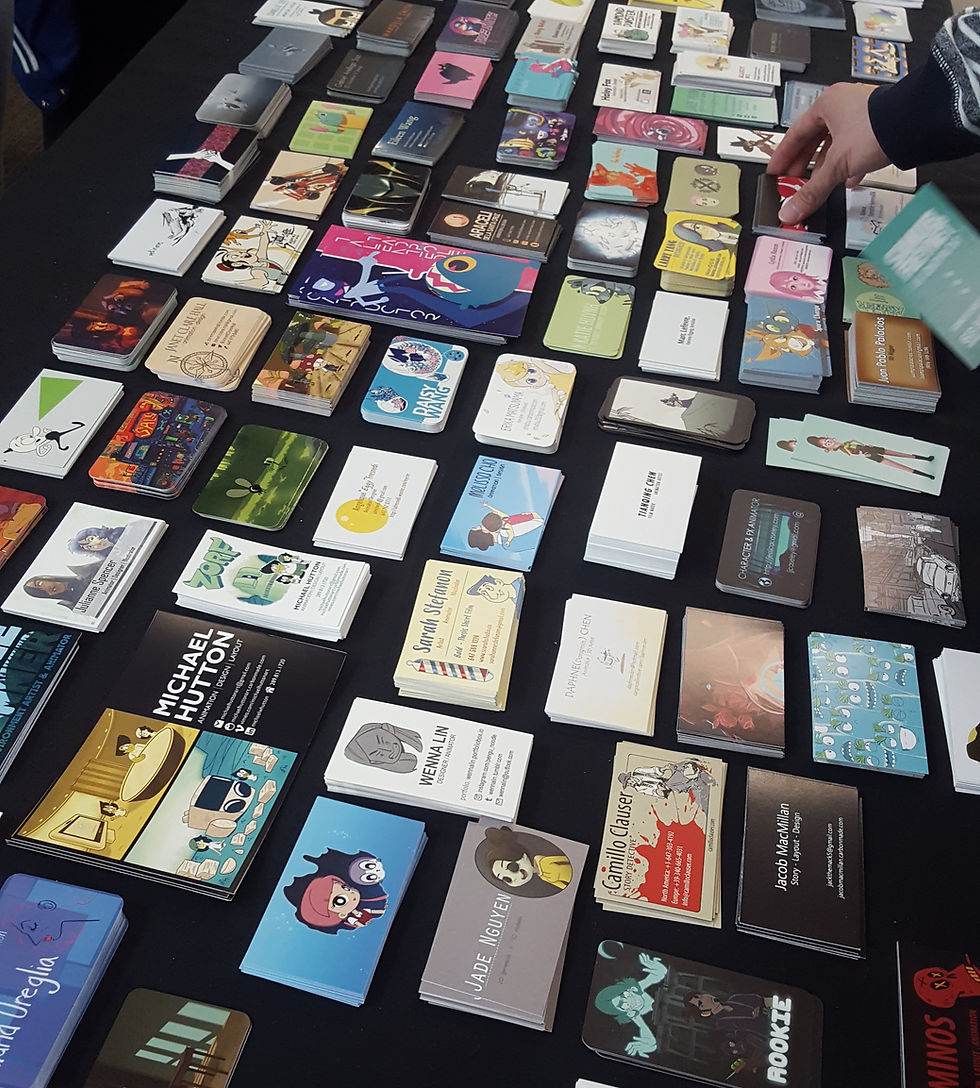If Emotional Intelligence Were a Person, It Would Be:
- Sherry Azim

- May 3, 2023
- 3 min read

If emotional intelligence were a person, they would be exceptionally adept in perceiving and responding to the emotions of others, as well as understanding and controlling their own emotions. This person would be considerate, well-rounded, and able to forge bonds with others based on trust and mutual regard. Unlocking the power of emotional intelligence can transform your relationships.
If a person lacks emotional intelligence, it can have a negative impact on many aspects of their life, including personal relationships, work-life balance, and mental health. Here are some examples of possible outcomes;
Difficulties in establishing and maintaining relationships
No matter who you're talking to or listening to, emotional intelligence is crucial for building and maintaining meaningful connections. A lack of emotional intelligence can make it difficult to comprehend and manage one's own emotions, as well as comprehend and respond appropriately to the emotions of others. This can lead to misunderstandings, conflicts, and strained relationships.
Poor communication skills
Effective communication requires emotional intelligence as well. A person who lacks emotional intelligence may struggle to effectively communicate their thoughts and feelings, resulting in miscommunication and misunderstandings.
Difficulties managing stress and emotions
Emotional intelligence enables people to effectively regulate and manage their own emotions. Without emotional intelligence, a person may have difficulty managing stress and emotions, which can lead to anxiety, depression, and other mental health issues.
Recent years have seen a surge in interest in the concept of emotional intelligence as evidence mounts that it plays a significant role in both personal and professional success. Leaders, negotiators, and communicators who score high on the emotional intelligence quotient tend to be more competent all around. They are also better able to bounce back from setbacks, allow for more disruptive thinking and experience improved mental health overall.
If emotional intelligence were a person, they'd have a thorough comprehension of themselves and their feelings. They would be able to recognize and name their feelings, comprehend how those feelings shape their attitudes and actions, and control their reactions when necessary. This person would remain cool and collected under pressure, handling stressful or contentious circumstances with ease.
The embodiment of EQ would not only be in tune with their own feelings but also be sensitive to those around them. They would have excellent emotional intelligence and be able to effectively interpret the feelings of those around them based on facial expressions, body language, and tone of voice. The ability to put oneself in another's shoes, get insight into another's point of view, and forge meaningful bonds with people based on the common ground would be hallmarks of this individual.
If emotional intelligence were a person, they would have all the admirable traits we aspire to have. They would be empathic, self-aware, and socially adept, having an uncanny knack for handling convoluted social situations and forming lasting connections with others. They would benefit personally and professionally if they set an example of these traits and encouraged others to work on their emotional intelligence.
In conclusion, the ability to understand and manage our emotions is a crucial life skill. If it were a person, they would be the epitome of humanity, a paragon of compassion, self-awareness, and interpersonal finesse. Building deeper relationships, reaching higher levels of accomplishment, and experiencing more fulfillment in life are all possible outcomes of developing our emotional intelligence to be more like this person. All studios should provide their employees with training on this quality, and the results will be teams that are more cohesive than ever before.
Understanding the world through the eyes of others enables us to see things from a variety of angles and acquire a deeper appreciation for them. When we only see things through our own lens, we are limited by our own prejudices and experiences. However, by listening to others and contemplating their perspectives, we can broaden our horizons, learn new things, and develop greater empathy and understanding. It can also help us make better decisions and solve problems more effectively by allowing us to consider multiple options and perspectives. Having the perspectives of others can ultimately lead to greater open-mindedness, improved relationships, and a fuller and more satisfying existence. All studios should provide their employees with training on this quality, and the results will be teams that are more cohesive than ever before.
Thank you for reading this newsletter, and we hope you found it useful. Best of luck in your hunt for exceptional candidates, and as usual, feel free to contact us with any questions or for assistance. In the next issue of our newsletter, we will delve deeper into some of the most effective strategies.
.png)



Comments